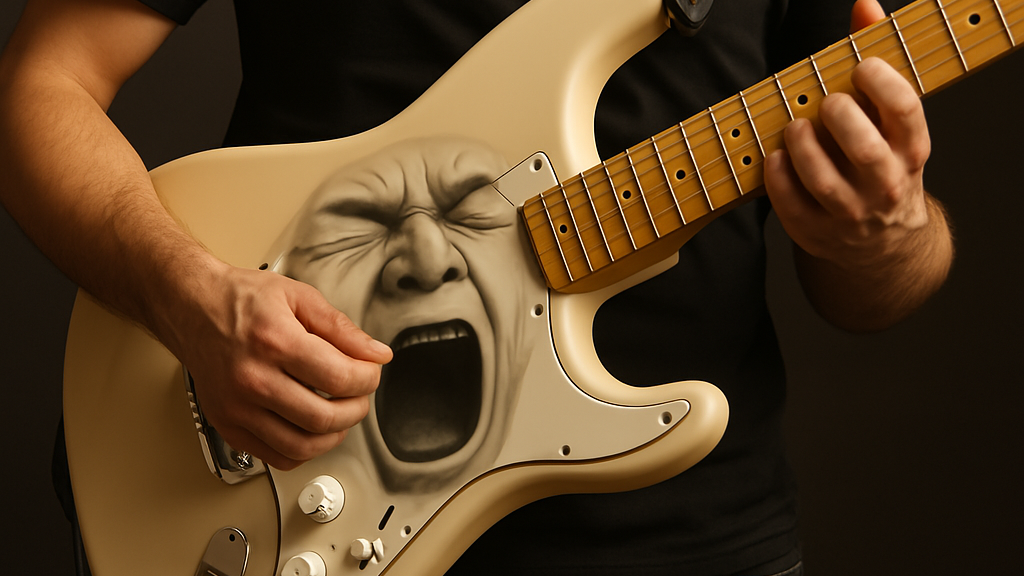Don’t Try to Be Original. Do These 4 Things to Find Your Musical Voice

Ever heard a track for the first time and instantly known who was playing on it?
That’s a level of identity every musician craves.
After decades of playing, practicing, performing, and trying to hone my own sound, here’s what I’ve learned:
Trying to be original won’t get you there.
Sure, you might land on something different — but if you want to find your authentic voice, you’ll get there much faster by doing these four things:
- Trust your instincts
- Take inspiration from other instruments
- Experiment
- Play with other people
1. Trust Your Instincts
You like what you like — no one can change that.
If you follow your taste, you’ll naturally gravitate toward sounds that resonate with you most. Over time, you’ll become more sensitive to tone, rhythm, melody, genre — and you’ll start to play with authority.
Take advice if it helps — but second-guessing yourself constantly will kill your voice before it ever forms.
Chasing someone else’s instincts is a fool’s errand. Follow your own.
2. Take Inspiration from Other Instruments
Guitarists naturally look to other guitarists for inspiration.
But there’s so much more out there — the groove of a great drummer, the harmonic depth of a stellar pianist, the phrasing of an expressive vocalist.
The limitations of the guitar have been pushed further than anyone imagined because players borrowed ideas from other instruments.
Once my ears shifted towards the rest of the band, my sound changed forever.
3. Experiment
Music is full of variables — and the guitar gives you endless ways to explore them.
Mess with tunings. Try bends, slides, hammer-ons, weird scales, odd meters, new chord voicings, crazy dynamics. Some things will stick. Others won’t. That’s the point. The more you explore, the more depth and nuance your voice will have.
So stay curious, take risks, and follow what sparks.
4. Play with Other People
Playing alone is a monologue. Playing with others is a conversation.
Just like the way you speak shifts through conversation, the way you express yourself musically changes when you play with others. When you interact, adapt, and respond to other musicians in real time, your voice gets stronger.
So play with as many people as you can.
Trust what pulls at you. Follow the sound that grabs you. That’s how you find your voice.
You don’t have to try to be original.
You already are.
